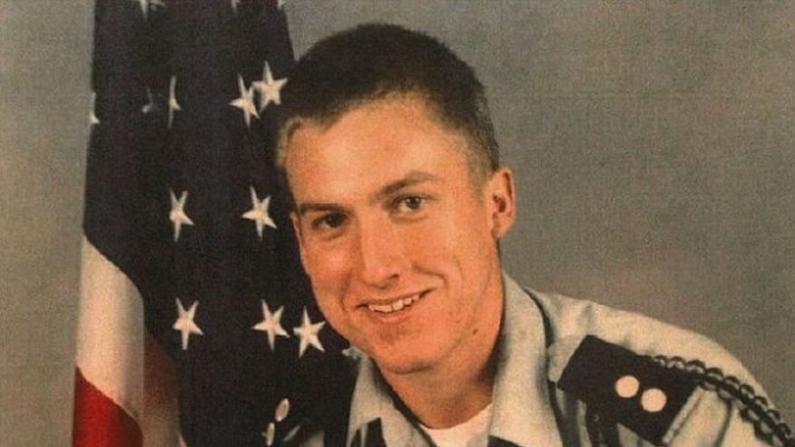President Donald Trump pardoned Kristian Saucier, the former U.S. Navy sailor who took photographs aboard a nuclear submarine and argued for the same leniency Hillary Clinton received for mishandling classified information.
“Mr. Saucier was 22 years old at the time of his offenses and has served out his 12-month sentence,” White House Press Secretary Sarah Sanders said on Friday. “He has been recognized by his fellow service members for his dedication, skill, and patriotic spirit.”





